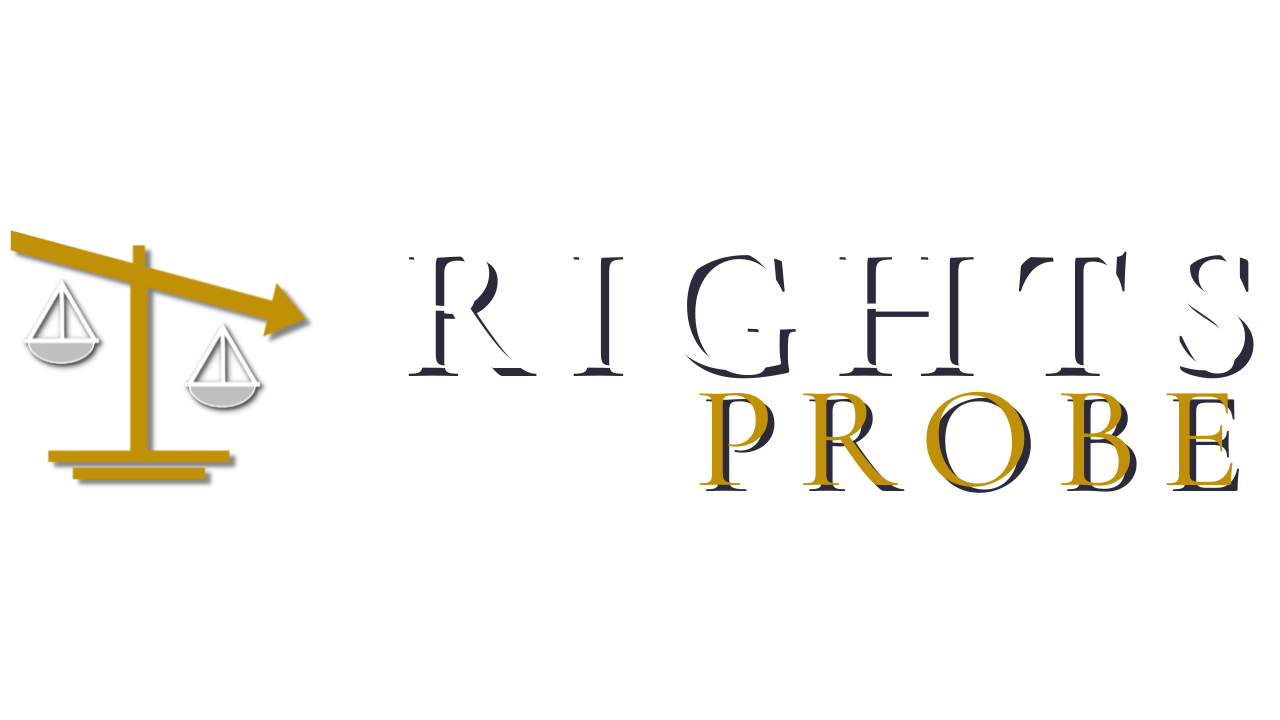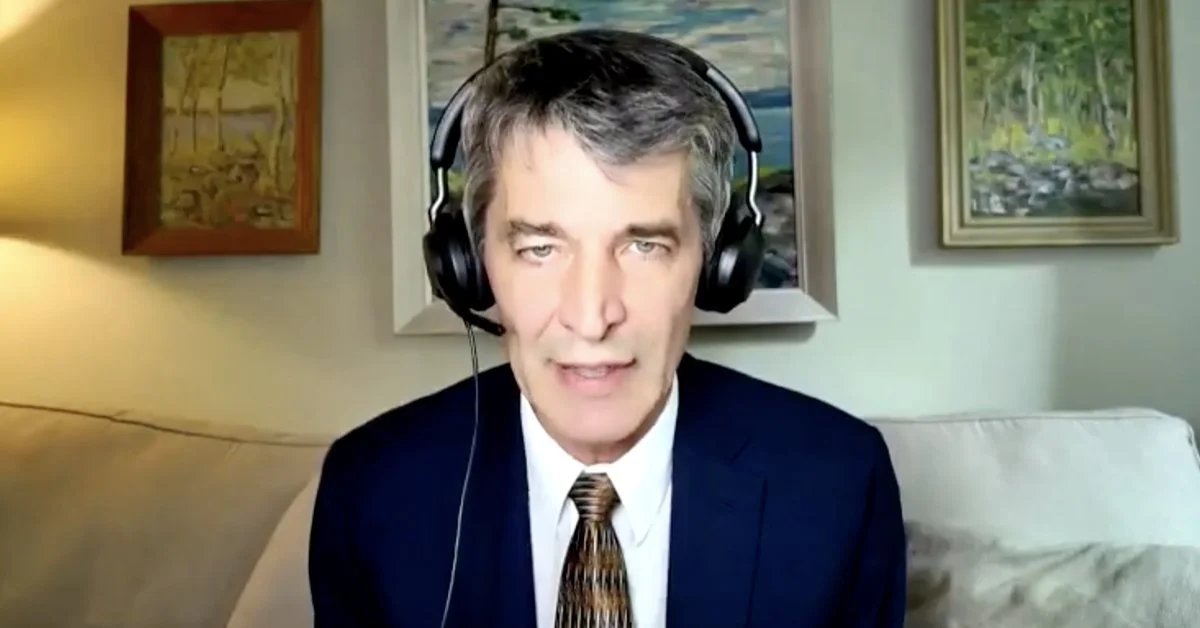To dislike but not intensely so
In a genuinely free country, individuals have the right to hate and express that hatred openly, a fundamental aspect of true freedom that should not be suppressed, argues law professor Bruce Pardy in his testimony on Oct. 23 to the House of Commons Standing Committee on Justice and Human Rights (JUST) in relation to Bill C-9.
Bill C-9—the Combatting Hate Act, An Act to amend the Criminal Code (hate propaganda, hate crime and access to religious or cultural places)—seeks to criminalize the emotion of hatred, making it legal to dislike but criminal to intensely dislike. This raises significant questions about where the line will be drawn and who will determine it. The bill also targets protests that “provoke a state of fear,” specifically those challenging government-approved ideas.
Professor Pardy’s statement in full follows:
The Globe and Mail published this column in February 2022. The title: “It’s Time to End the Sedition by Enforcing the Law and Following the Money.” It said people have been terrorized for over a week. Seditionists and terrorists. Who is the author talking about? February 2022. Yes, of course, the truckers. No violence, no weapons, no assaults, no storming of parliament. Parking violations, road hockey, dancing in the snow, unkind words about the government: seditionists and terrorists. Who is the author of this column? Can you guess? One, Mark Carney. Now the prime minister.
In 1992, American political theorist Samuel Francis coined the term “anarcho-tyranny.” Anarcho-tyranny, he said, is a kind of government dysfunction. The dysfunction occurs when a government is simultaneously unable or unwilling to deal with serious crime, leading to a kind of anarchy, while at the same time being ruthlessly oppressive in punishing minor transgressions of law-abiding people. The government allows violence, theft, political corruption, and foreign interference while it is obsessed with controlling what ordinary people say and think and feel.
In Bill C-9, the government seeks to criminalize an emotion. Hatred refers to the emotion that involves detestation or vilification that is stronger than disdain or dislike. It is criminal to detest, but legal to dislike; however, to detest, of course, means to intensely dislike. So, it will be legal to dislike but criminal to intensely dislike. But where is the line between dislike and intensely dislike? Of course, nobody knows that. The line will be drawn wherever the authorities want it to be drawn to punish speech that the government hates.
Bill C-9 also criminalizes the protests that “provoke a state of fear,” not the fear of violence, we have offenses for that already. No. C-9 will prohibit protests that provoke a state of fear of offensive ideas. That is what the truckers were accused of. That's why Mark Carney described them as seditionists and terrorists. Bill C-9 will be used to prohibit peaceful protest, like the truckers, that the government hates.
In a free country—I mean a genuinely free country, which we once claimed to be—you are allowed to hate other people and you are allowed to say that you do.
Thank you very much.

